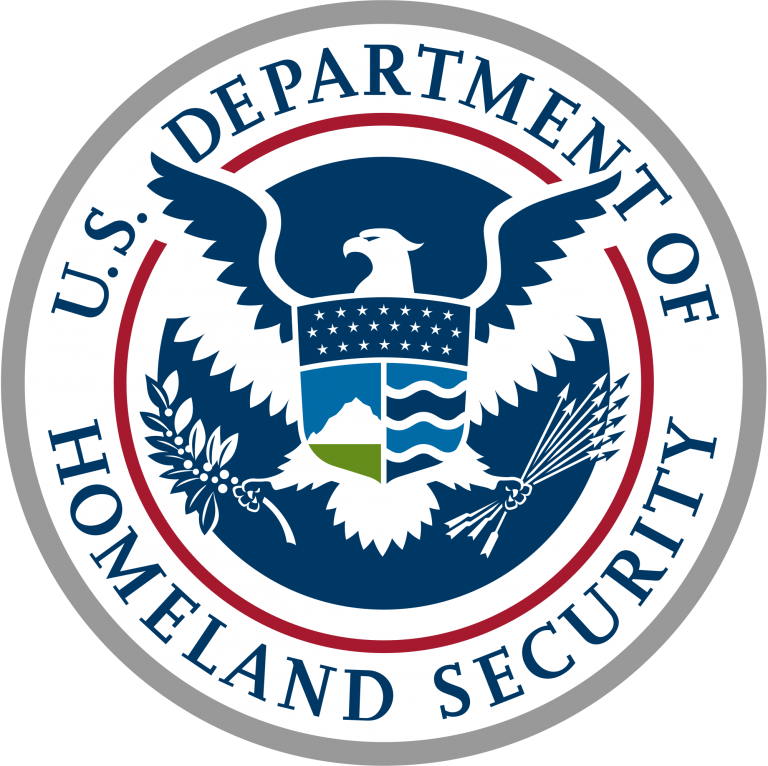DHS Final Rule on Retention of Immigrant Workers and Improvements Affecting High-Skilled Nonimmigrant Workers
After 16 years of waiting, the U.S. Department of Homeland Security (DHS) has issued final rules that will have a significant impact on foreign nationals in employment-based nonimmigrant status, as well as in the long queues for immigrant status (“green cards”). The final rule offers a brief summary of a very long history. It codifies provisions of the American Competitiveness in the Twenty-first Century Act of 2000 (AC21), as amended, and the American Competitiveness and Workforce Improvement Act of 1998 (ACWIA). The rule was published on November 18, 2016 (Federal Register, Vol 81. No, 223) and will go into effect on January 17, 2017. Importantly, the regulation is not impacted by the entry into office of the President-elect.
Much of the final rule includes longstanding policies and memoranda that USCIS has used in adjudicating applications and petitions. In addition, it contains language clarifying that the purpose of the final rule is to assist employers of foreign workers, as well as the individual foreign workers and their families, by providing “additional stability and flexibility to employers and workers in those programs.”
Some of the specific provisions serve to clarify longstanding policies in adjudications of cases while other provisions also expand benefits. These provisions include:
Retention of priority dates of an approved I-140 petition: Priority dates of an earlier approved I-140 petition may be retained and are generally available for any subsequently filed I-140 petition, as long as the earlier I-140 petition was not revoked for fraud, willful misrepresentation of a material fact, the invalidation or revocation of a labor certification, or material error.
- Retention of I-140 petition: To enhance job portability for certain workers with an approved I-140 petition, but who are unable to obtain LPR status due to immigrant visa backlogs, the final rule provides that Form I-140 petitions that have been approved for 180 days or more would no longer be subject to automatic revocation based solely on withdrawal by the petitioner or the termination of the petitioner’s business. This provision is significant for several reasons. When a foreign national changes jobs and the former employer withdraws the I-140 petition or the company dissolves solely on grounds that do not involve an element qualifying for revocation, there would be no effect on retention of the priority date or other benefits that flow from an approved I-140 petition (such as an extension of H-1B status beyond 6 years and Employment Authorization for H-4 spouses). The foreign national and his/her family may also be eligible for the new unrestricted compelling circumstances EAD described below.
- Employment authorization for certain nonimmigrants based on compelling circumstances: The rule allows certain nonimmigrant principal beneficiaries and their dependent spouses and children to apply for employment authorization if the principal is the beneficiary of an approved I-140 petition and is waiting for his or her immigrant visa to become available. Applicants must demonstrate compelling circumstances justifying an independent grant of employment authorization. The term “compelling circumstances” is undefined.
- Processing time for employment authorization application: Eliminates regulatory requirements for the 90-day adjudication time frame and issuance of interim Employment Authorization Documents (EADs). More importantly, provisions allow for the automatic extension of EADs up to 180 days for certain workers filing renewal requests.
- Period of admission, extension and maintenance of status: A foreign beneficiary in E-1, E-2, E-3, H-1B, L-1 or TN classification may be admitted for an additional period of 10 days before the validity period begins and 10 days after the validity period ends. However, he or she cannot work for those periods.
- A foreign beneficiary in E–1, E-2, E-3, H-1B, H-1B1, -1, O-1 or TN classification and their dependents shall not be considered to have failed to maintain nonimmigrant status solely on the basis of a cessation of the employment for up to 60 consecutive days or until the end of the authorized validity period, whichever is shorter. This is a significant improvement from the current practice as it would allow the foreign beneficiary who loses his or her job to remain in the United States and search for a new job.
Clarification of the definition of same or similar occupation for foreign nationals: Uses a broad definition that favors employers. The term “same occupational classification” is defined as an occupation that resembles in every relevant aspect the occupation for which the underlying employment-based immigrant visa petition was approved. The term “similar occupation classification” is defined as an occupation that shares essential qualities or has a marked resemblance or likeness with the occupation for which the underlying employment based immigrant visa petition was approved. This allows foreign nationals to be promoted and otherwise advance their careers without the employer having to recruit for and file a new PERM labor certification application.
- Broader definition of H-1B cap exempt organization: Under the new rule, a nonprofit is eligible to file an H-1B petition under the cap exempt provision, if it has entered to a formal written affiliation agreement with an institution of higher education that establishes an active working relationship between the nonprofit entity and the institution of higher education, and a fundamental activity of the nonprofit entity is to directly contribute to the research or education mission of the institution of higher education.
- H-1B jobs that require state licensure: In the case of an H-1B worker whose duties or occupation normally requires state licensure, USCIS will grant the H-1B if the state generally allows an individual without licensure to fully practice the occupation under the supervision of licensed senior or supervisory personnel in that occupation.
If the occupation unequivocally requires a license, and if the only reason the H-1B beneficiary does not have the license is due to lack of a Social Security Number, USCIS will issue the H-1B for a period of one year.

